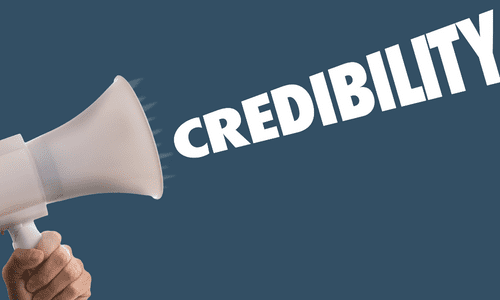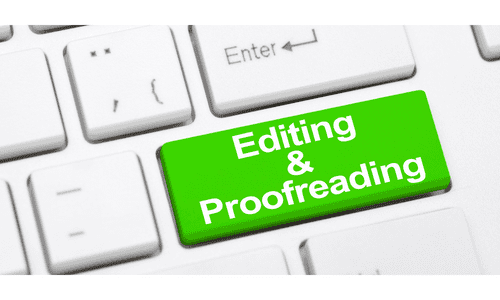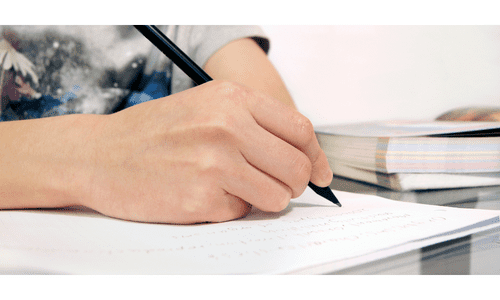Almost everyone must write an essay in their lives. Writing can be exciting and intimidating, no matter who you are.
All writers should follow some basics with essays. In this post, we will look at the contents of an essay and how to write a great one. You will discover the purpose, form, and best practices for writing an interesting essay.
Whether you’re just starting out, or need a refresher course, read on for the info you need to create an amazing essay. This guide will show you how to write an interesting and organized essay. So, if you’re ready to learn, keep reading!

Understanding the purpose of an essay
It’s simple, really. The purpose of an essay is to express your point of view on a particular topic. They are a versatile literary form and can argue a point, tell a story, or even describe a feeling.
All essays share one common goal: to convince the reader of the writer’s point of view. An essay must be well-organized and well-written to achieve this goal. It must make use of evidence, logical reasoning, and persuasive language.
By understanding the purpose of an essay, writers can approach the task with confidence and produce a piece sure to engage the reader.
Different types of essays
There are many types of essays, and each one serves a different purpose. The most common type of essay is the argumentative essay, which persuades the reader to agree with the author’s point of view.
Persuasive essays often make use of emotional language and powerful arguments to sway the reader.
An expository essay is designed to give the reader information about a topic, without biased opinions.
This type of essay can be useful for explaining complex concepts or summarizing a controversial issue.
For creative writing try your hand at a narrative essay. This type of essay tells a story and often makes use of descriptive language to paint a vivid picture in the reader’s mind.
Each type of essay has its own strengths and weaknesses. It’s important to choose the right one for the task at hand. With a little practice, you’ll be able to master many essays in no time.
Plan your essay before writing
One of the most important steps in writing an essay is taking the time to plan your essay before you start. You need to know what you will cover.
Start by brainstorming some ideas. Look at your list to see if there are any patterns or themes.
Next, make a list of the main points you want to include.
You can organize your thoughts once you have a clear idea of what you want to say. Have a main point you wish to cover for each paragraph of your outline. This will serve as a roadmap for writing your essay, keeping you on track and helping you stay focused.
By doing this, you’ll ensure that your essay flows and addresses all the key points you want to make.

The structure of an essay
Most essays follow a similar structure: they begin with an introduction, including several body paragraphs, and end with a conclusion.
The introduction introduces the main topic of the essay (the thesis) and gives background information to help the reader understand the issue.
The body paragraphs provide evidence and analysis to support the chief argument of the essay.
The conclusion summarizes the main points of the essay and leaves the reader with a final thought or impression.
By following this basic structure, writers can effectively communicate their ideas and ensure that their essays are well-organized and easy to follow.
Parts of an essay:
- Introduction– this will include the thesis statement, which is the main point of the essay and what you will be discussing.
- Body– each paragraph should focus on a main point supported by evidence and examples. The body should include any counterarguments for your position.
- Conclusion- restate your thesis and main points and leave the reader with something to think about!
Choosing a thesis
A thesis statement is the most important sentence in your essay. It tells the reader what your position is on the topic, and why. A good thesis statement should be clear, concise, and controversial. Here are some tips for creating a strong thesis statement:
1. Pick a side. If you are neutral or aim, your essay will be boring. Take a stand on the issue and make your position clear from the start.
2. Be specific. Your thesis statement should be narrow in focus so that the evidence can support it in your essay. Avoid broad statements such as “technology is bad” or “the government should do more.”
3. Make it controversial. A good thesis statement should provoke discussion and debate. It should not be something that everyone agrees with – otherwise, there would be no point in writing about it! You can support a position with evidence, but other people may disagree with it.
4. Keep it short and to the point. A thesis statement should be one sentence only. Anything longer will lose the attention of your reader. Make sure that every word in your thesis statement counts.
5. Support it with evidence. We can back a good thesis up with facts.
Write your essay in a clear, concise manner
In writing an essay, clarity, and conciseness are key. No one wants to read a rambling piece that goes off on tangents or wanders from the main point.
An essay should be well-organized with each paragraph flowing into the next.
Use short, simple sentences and avoid unnecessary words. When you write in a clear and concise manner, your ideas will be easier for your reader to understand. In addition, your writing will have a more professional appearance.
It’s tempting to try to impress your reader with long, complex sentences, but nine times out of ten, simpler is better. Don’t let your reader get lost in a sea of words or lose interest altogether.

Use credible sources
A good essay will make use of credible sources to support its arguments. An argument is only as strong as the evidence supporting it.
Credible sources come from a variety of places, such as academic journals, newspapers, government reports, or websites run by reliable organizations.
A credible source is one that is trustworthy. It is possible to figure out if a source is credible.
Checking for credibility
One way is to look at the author’s credentials. Check to see if the author has any expertise about the article.
Another way to determine the reliability of a source is to look at the date of the article. Make sure it’s recent enough that the information is still relevant.
Last, check for any bias in the article. The best sources are ones that are objective and unbiased. If you can find sources that meet all these criteria, you can rest assured that your essay will be well-supported.
Keep in mind, though, that even credible sources can have errors. So, be sure to double-check your facts before including them in your essay.
Also, you wouldn’t want to paraphrase a source without giving credit to the original author. By taking care to use credible sources, you can ensure your essay is well-researched and persuasive.

Edit and proofread your work
The editing and proofreading process is essential for producing a polished, error-free piece of writing. However, it can be time-consuming and tedious.
To save time, many writers skip this step altogether, hoping their readers will forgive their mistakes. However, this is not the best strategy.
Your readers will notice any errors in your essay, and these mistakes can reflect on your overall argument. For example, a typo in your thesis statement might cause your reader to question the validity of your entire essay.
In contrast, a well-edited and proofread essay will show your attention to detail and commitment to quality. Taking time to edit and proofread your work is worth the effort!
Some tips to help you get started:
- Read your essay out loud. This will help you catch errors you may have missed when reading silently.
- Focus on one area at a time. Start with spelling, then move on to grammar and punctuation.
- Ensure that your argument flows smoothly and all points are clearly stated
- Take your time. Don’t rush through the editing process, or you might overlook something important!
- Follow the prescribed formatting requirements (if specified) This typically includes having a header, certain margin, font size and type, line spacing, and page numbering requirements.
With these tips in mind, you can edit and proofread your essay with ease!
Tips on the content of a good essay
In writing essays, there is no one-size-fits-all answer. However, there are some tips that can help you produce a well-written and successful essay.
First, choose a topic you are passionate about or have a firm opinion on. This will make it easier to stay focused and motivated while writing.
Begin with an attention-grabbing opening sentence and make sure that the rest of your essay lives up to the same standard. You can do this by using a catchy hook or statistic or making an intriguing argument.
A good essay is one that is well-structured and flows from point to point. Make sure that each paragraph links to the next.
Establish your credibility. Back up your assertions with well-researched facts. Use convincing arguments and concrete evidence to support your points, and state your opinion.
Don’t forget to proofread! A few well-placed commas can make a big difference in how your essay is received. Be willing to revise and edit your essay until you are satisfied with the results.

There’s no single formula for writing a good essay. There are things you can do to improve your chances of success. Before you write your essay, it’s important to understand what you want to say. A list of ideas related to your topic is the best way to start.
Next, you need to develop a thesis statement. This is a single sentence that sums up the principal argument of your essay. Make sure you have a clear and concise thesis statement.
Once you have your thesis, start by outlining your paper. This will help you organize your thoughts and make sure you forget nothing important.
Focus on making your argument clear and direct. Use concrete examples to support your points and avoid fluffy language or generalizations. The conclusion should give the reader something to think about!
